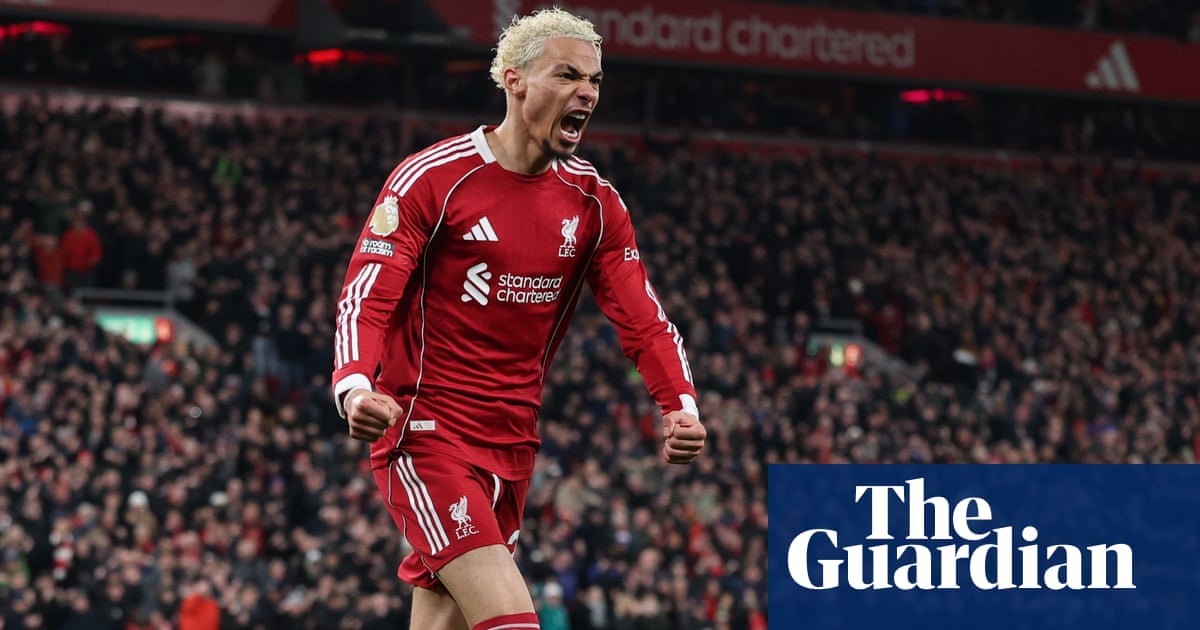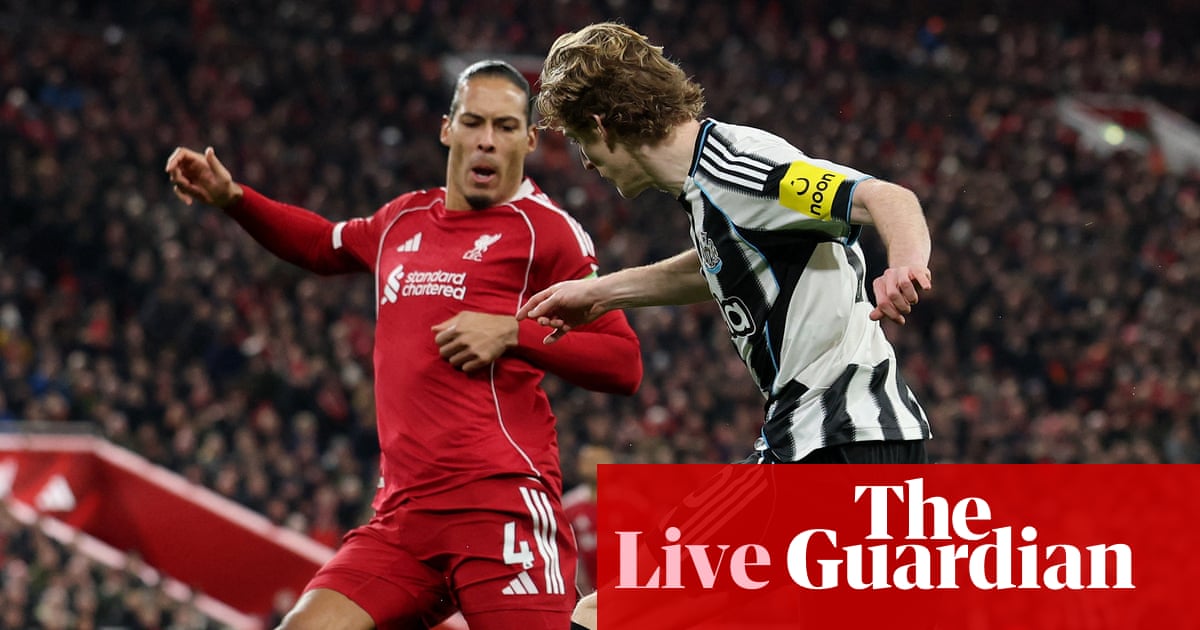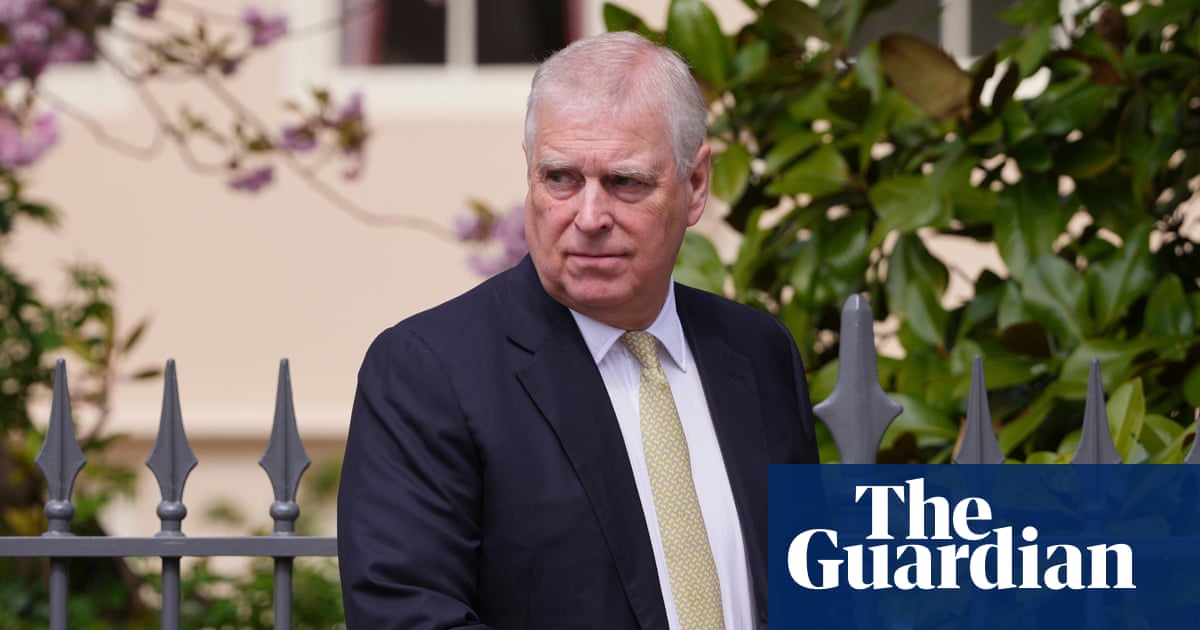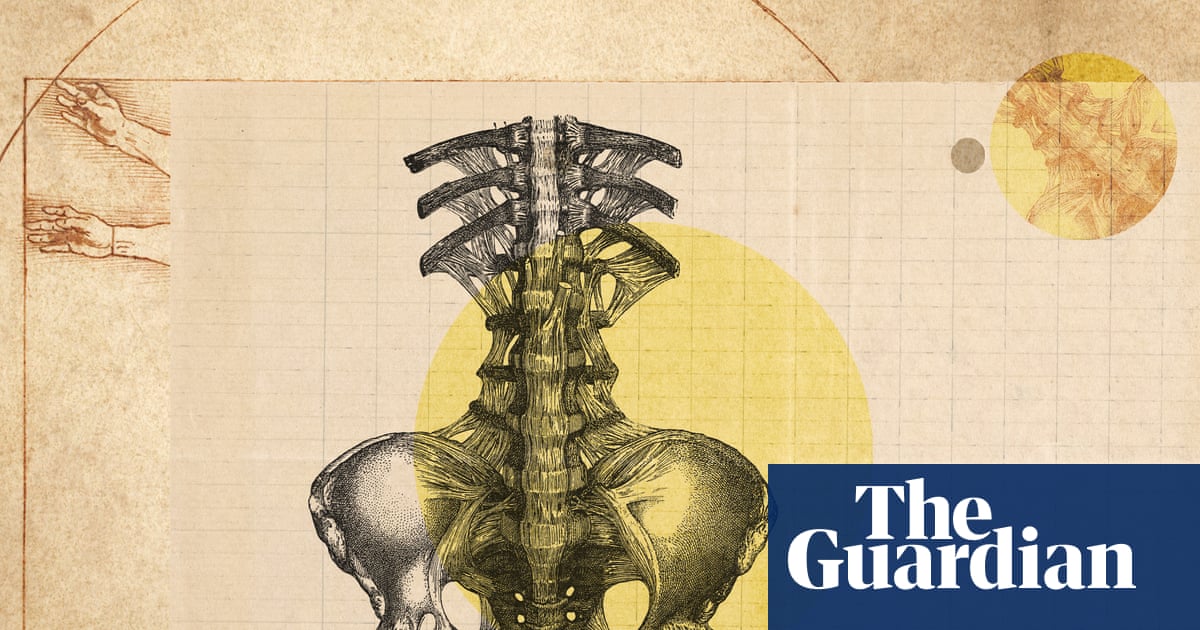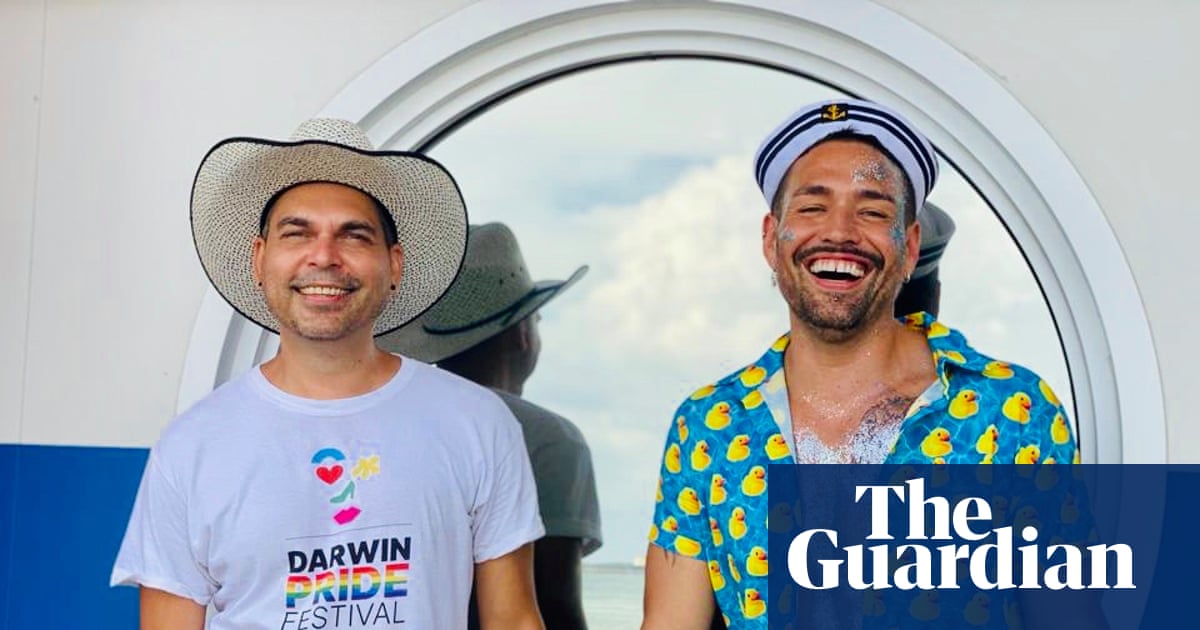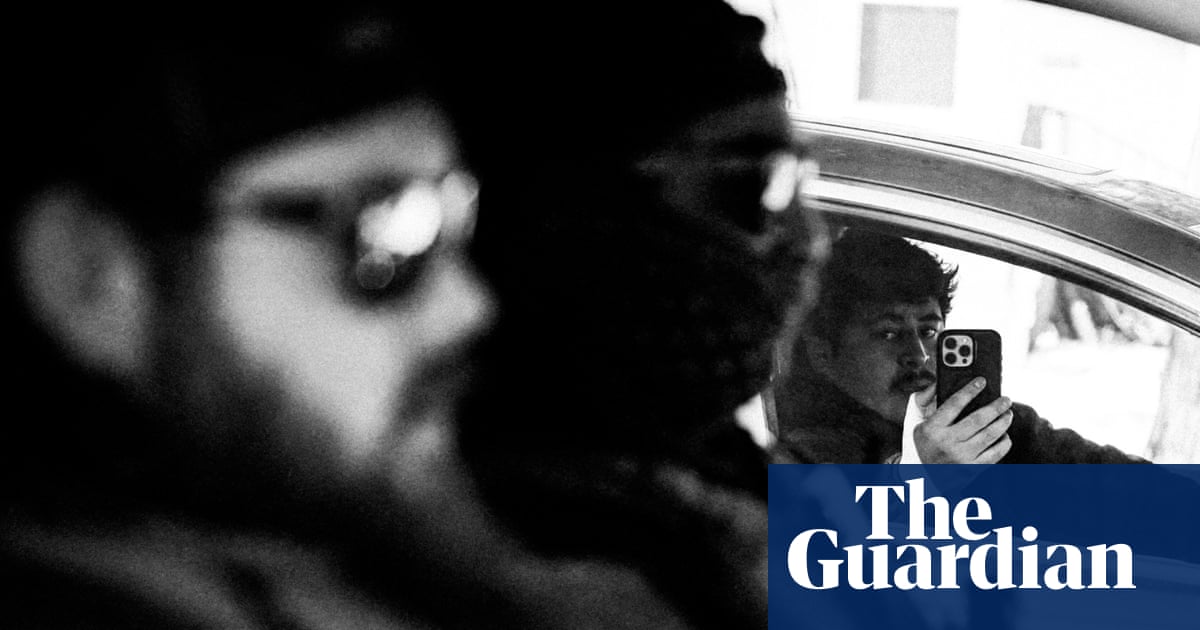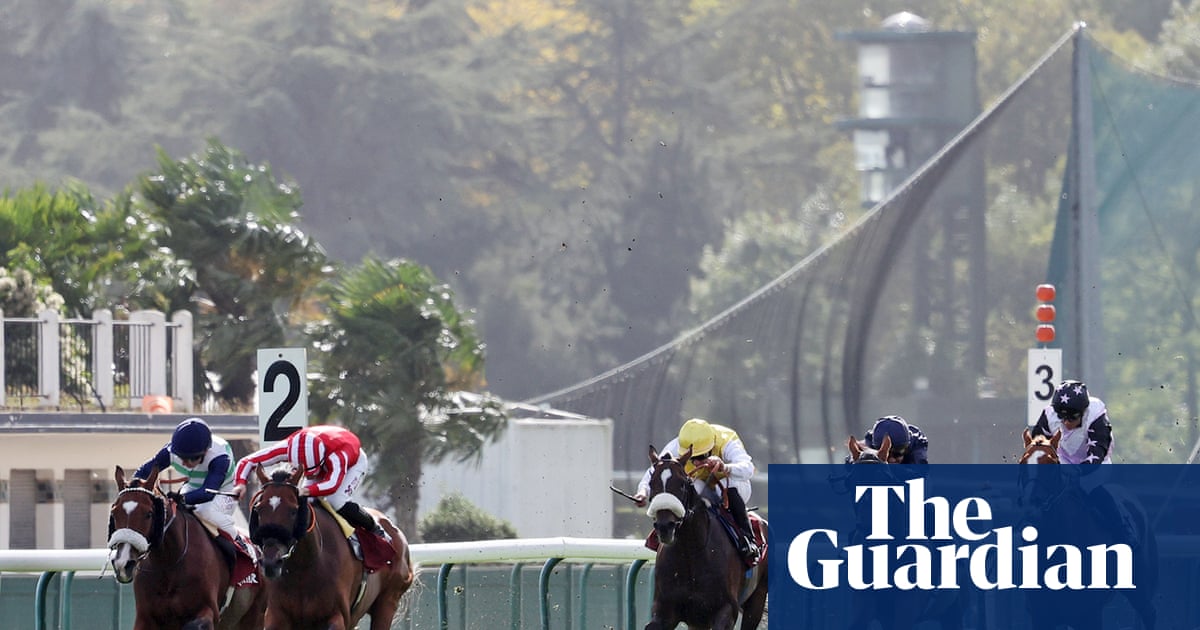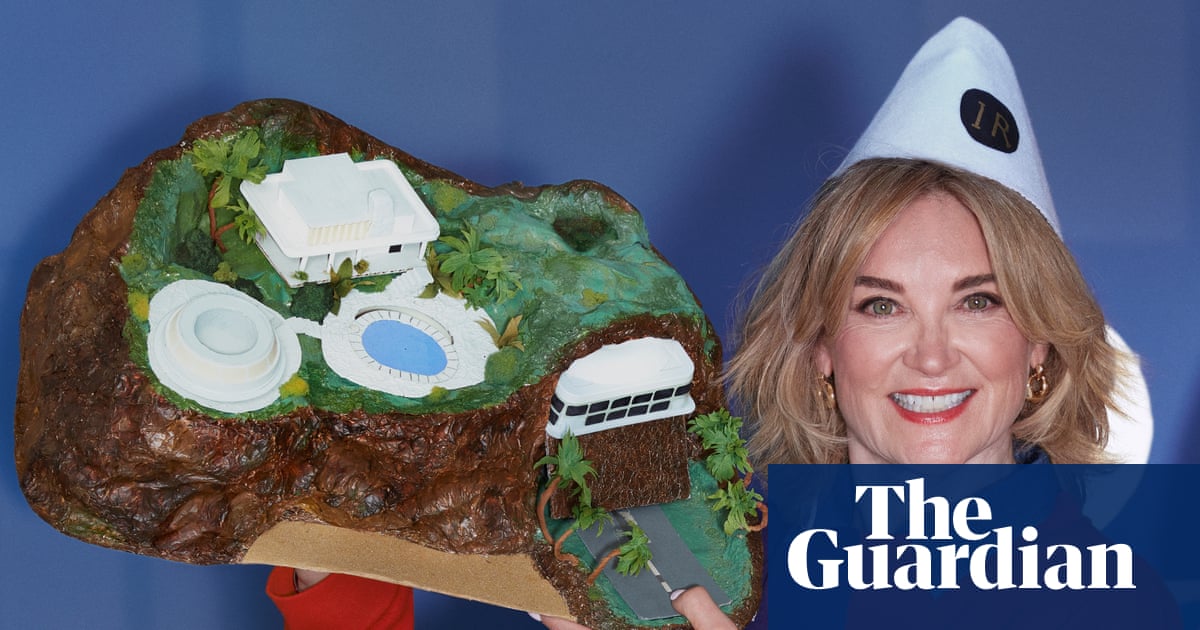Most artists struggle with the “difficult” second album. Not wanting to sound big-headed, but this was not the case for me. The early success, especially of tunes such as Going Out of My Head and Everybody Needs a 303, had crystalised in my mind where all of this was going. I knew what was turning people on and had kinda cracked the formula of how the next album should sound. The formula was: breakbeats from my love of hip-hop, the anarchic rebellion of punk, the energy of acid house and hooks from the pop music I grew up on. I had all the thrift store samples built into a library for audio collage, and a club to test out new tunes.
This new movement in music so far had no name to pigeonhole it. We, and journalists, tried various options such as tripno, Brit hop, and amyl house, but the name that it landed with came from my club – the Big Beat Boutique. We felt an enormous collective pride in that. House music was named after the Warehouse Club in Chicago, garage music was named after the Paradise Garage in New York, and now big beat was named after our night at a little scout hut in Brighton.
Our style of music was crossing over to the mainstream, which tickled me no end. Someone wrote: “Fatboy makes dance music for people who don’t like dance music.” I took it as a huge compliment. The Prodigy, the Chemical Brothers, Basement Jaxx and Groove Armada were converting the rock and indie kids into rave monkeys, and it felt good. The dancefloor was for all.
The recording of my second album, You’ve Come a Long Way, Baby, was quick and almost effortless. In one week alone I wrote Praise You, Right Here, Right Now and Fucking in Heaven.
The album was released in October 1998, and thankfully was met with excellent reviews and outrageous sales. We knew it was good, and that there was momentum and excitement in the air, but we had no concept of how far it was going: a decade after appearing in the Housemartins, I was about to be a pop star again! With success comes celebrity, not something I had experienced before to this extent, and not something that sat well with me. But with a tumbler of vodka in my hand I ploughed my way through.
A knock-on effect of the rise in popularity was that gigs were starting to get bigger. As well as nightclubs, I was now playing bigger venues and being invited to play some of the festivals. A lot of those gigs had not been done by DJs before, only bands and singers. Large stages looked a bit sparse with one bloke, a table and a couple of record players where normally a band’s expansive backline would be. I had to follow Foo Fighters at T in the Park one time, and they had put on a balls-out rock’n’roll show, which had the crowd super hyped. When all their equipment was rolled off, the 30ft walk to my table seemed an awfully long way. Before starting on it, Garry [Blackburn, manager] had asked: “How are you gonna follow that?” Somewhere along that walk I morphed into Captain Showboat, a kind of cross between Mick Jagger and Liberace. The crowd lapped it up, and my stage persona was born.
It Ain’t Over… ’Til the Fatboy Sings by Norman Cook, published by Rocket 88, is out now.
Right here, right now: images from It Ain’t Over… ’Til the Fatboy Sings
Brighton beach shows (main image)
In 2002, over 250,000 people descended on Brighton for the second Big Beach Boutique, a free Fatboy Slim show that shut down the city. Cook ended up paying £30,000 towards an emergency beach clean team, noting the “whole seafront stank of piss for weeks”.
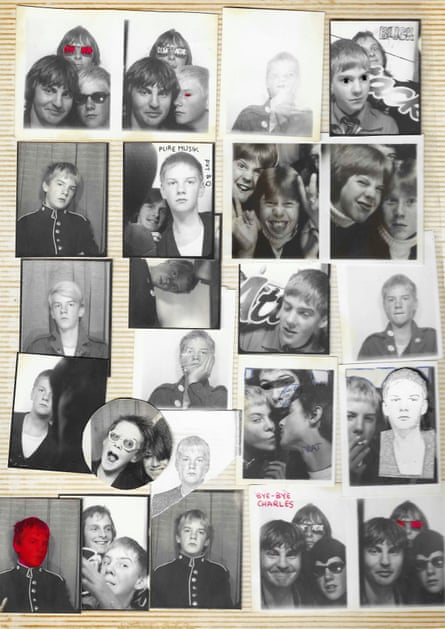
Norman in his first band
Formed at Reigate sixth form college, Cook’s first band, the “fairly pretentious” Disque Attack, were influenced by Manchester post-punks Magazine and Joy Division.
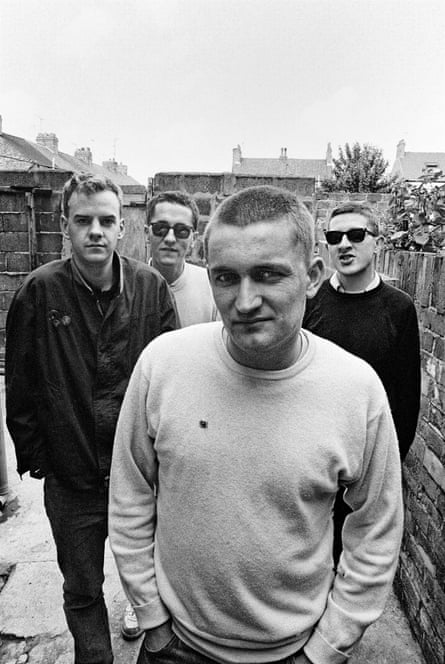
The Housemartins
While at college, Cook met “a charismatic mod” called Paul Heaton and the pair formed a band, the Stomping Pond Frogs. They would later reconnect when Heaton formed the Housemartins, with Cook playing bass. The four-piece, who topped the charts with their version of Caravan of Love, split in 1988 after two albums.

Beats International
A year later, Cook formed dance and hip-hop collective Beats International, who scored a No 1 single in 1990 with Dub Be Good to Me. As well as rappers, singers and keyboardists, the live lineup also included a graffiti artist.
after newsletter promotion
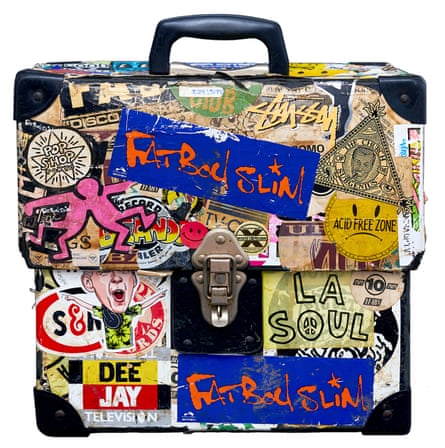
Fatboy Slim record box
By 1995, Cook had become Fatboy Slim and moved to Brighton. There he launched the Big Beat Boutique night, fusing northern soul, hip-hop, house and breakbeats. This is Cook’s battered record box. Having donated it to a charity auction two decades ago, it was boought by his manager at another auction and reunited with Cook: “I’m thankful it’s now back in my life.”
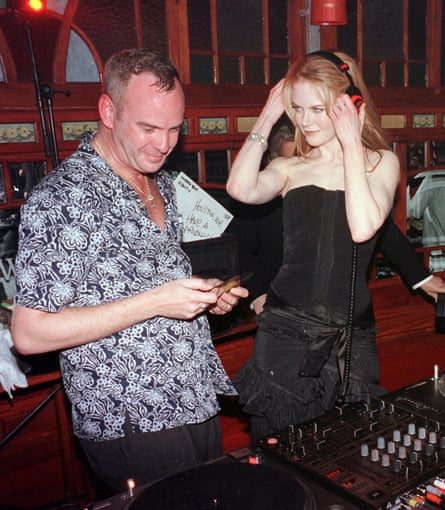
Nicole Kidman in the mix
In 2001, having worked on the soundtrack to Baz Luhrmann’s Moulin Rouge, Cook was invited to DJ at the world premiere at the Cannes Film festival. During his set, the film’s star, Nicole Kidman, asked Cook to show her how to DJ: “It was quite a surreal moment, marred only by her being appalled at how sweaty my headphones were.”
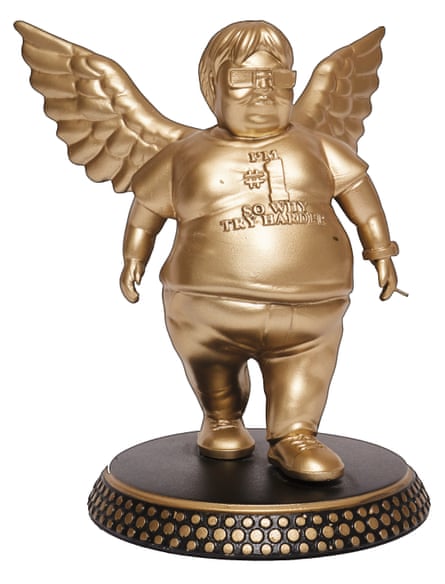
Gold figurine
The artwork for You’ve Come a Long Way, Baby was turned into this statue for a 2006 best of. The original photo was taken at the 1983 Fat People’s festival and spotted by Cook in the Guardian. Its subject is yet to be successfully tracked down.
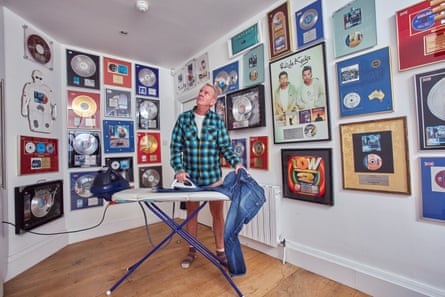
Doing the ironing
An unassuming Norman Cook does his chores surrounded by gold and platinum discs for his production and remix work. But his biggest accolade is not musical: “Whenever anybody asks me what was your proudest moment in 40 years in showbiz, I always say having a dildo named after me.”

 3 months ago
92
3 months ago
92




